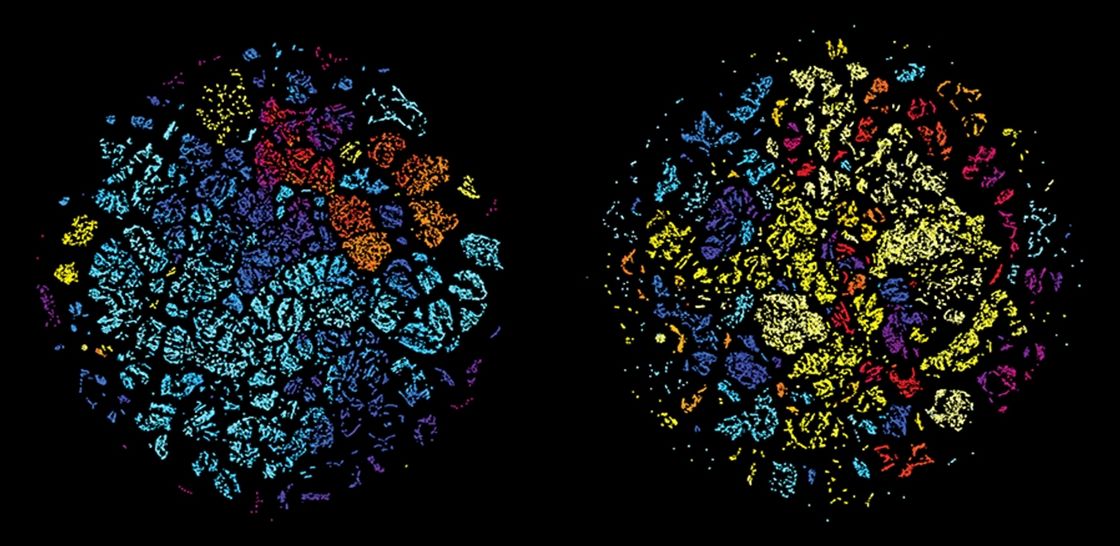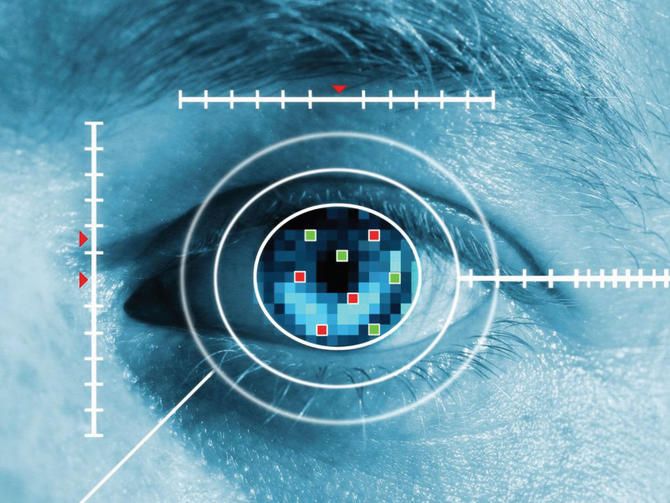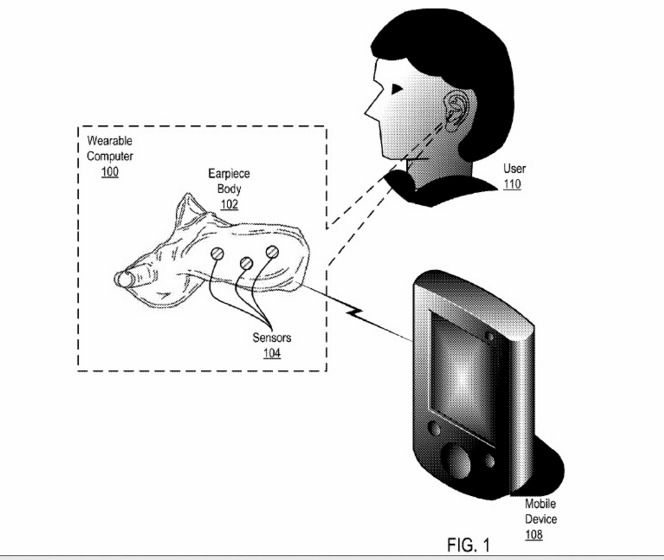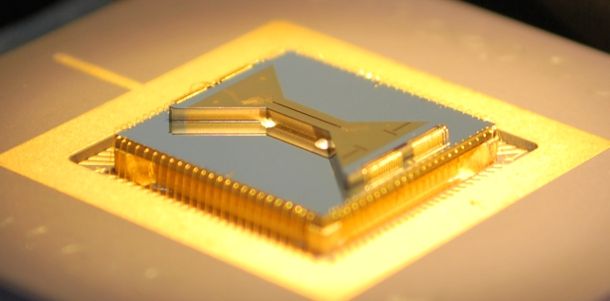Feb 18, 2016
Here is Why IBM May Develop a Better AI than Google or Facebook
Posted by Karen Hurst in categories: computing, robotics/AI
IBM leads the way on AI — definitely makes sense and should given the years of research & funding spent on Watson. It would be really place IBM in a bad position not to be a leader in in AI especially since it has spent so many years on cognitive computing technology.
While Google and Facebook are taking the headlines with their advancements in Artificial Intelligence, another company is making some big strides behind the scenes. The ever resilient IBM has come up with an interesting strategy to garner attention for it’s cognitive computing technology “Watson “.
Continue reading “Here is Why IBM May Develop a Better AI than Google or Facebook” »


















